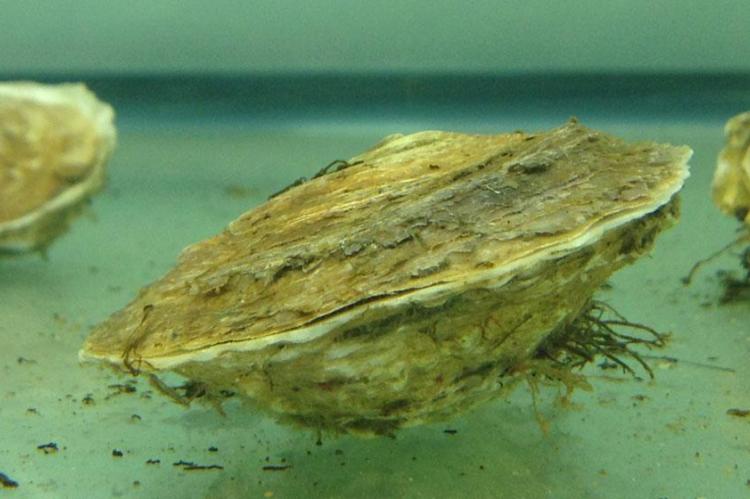Oil dispersant had adverse effects on oysters
Researchers discovered that oysters had been affected by the oil dispersants used in the recovery efforts of the Deepwater Horizon oil spill.
To deal with the Deepwater Horizon oil spill in 2010, nearly two million gallons of CorexitR 9500, an oil dispersant, was used to break down the oil.
It has now been determined that eastern oysters (Crassostrea virginica) had suffered toxic effects from exposure to the oil dispersant, according to a new study, published in Aquatic Toxicology.
Explaining that the use of CorexitR 9500 resulted in an unfortunate trade-off, Lindsay Jasperse, a graduate assistant at University of Connecticut and a member of the research team, said, "They may prevent giant oil spills from washing ashore and damaging wetlands, but they also cause negative effects for species below the ocean's surface that might have been spared if dispersants weren't used."
In their bid to learn more about the effects of oil spills on oysters, the researchers focused on two factors: the oysters’ immune functions (how well they absorbed and destroyed bacteria) and their feeding rates (how well they filtered algae).
In a controlled environment, they exposed the oysters to three different scenarios: low levels of oil alone, the dispersant alone, and a combination of the two.
They subsequently discovered that in terms of the oysters' immune function, the dispersant alone was the most toxic, followed by the mix of dispersant and oil mixture. The oil on its own had no effect on the oysters's immune function.
As for the oysters' feeding rates, it was the mix of dispersant and oil that had the most toxic effect, followed by the oil on its own, and then the dispersant on its own.
Dr Kelly Diehl, Morris Animal Foundation's Interim Vice President of Scientific Programs, said that knowing how dispersants and oil affected oysters could help them make better mitigation recommendations the next time a similar environmental disaster occurs.
Due to the interconnectedness of species, he expected that "what harms oysters will likely cascade through their ecosystem to the detriment of all.”
The research was funded by the Morris Animal Foundation.


